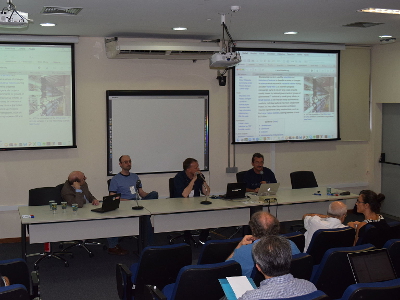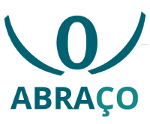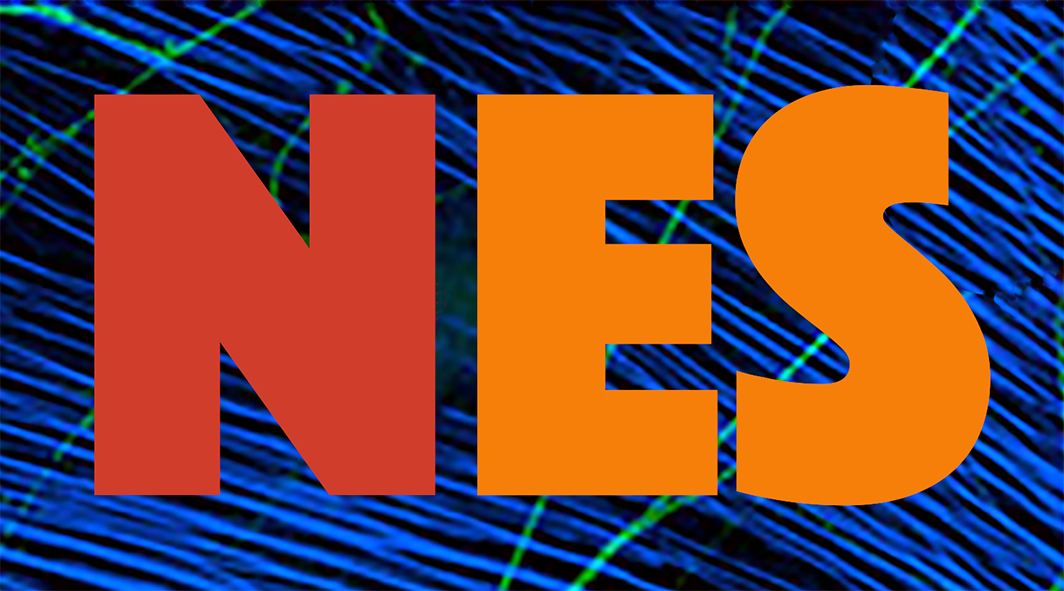
New functionalities to store neuroscience data and metadata in NeuroMat’s freely-shared computational tool
Newsletter | Aug 01, 2016
The Neuroscience Experiments System (NES) is an open-source tool to assist in the organizational control and management of clinical and experimental neurophysiological data gathered in use in laboratories, that the technology-transfer team at FAPESP’s NeuroMat has developed since 2014. A scientific challenge that the development of this tool addresses is that neuroscience experiments generate heterogeneous data formats and complex metadata, such as provenance information, and NES —currently available on a 0.12 version — intends to provide a unified repository for data and metadata from different natures (i.e., clinical, imaging, behavioral). Furthermore, NES can manage electrophysiological data from EEG and EMG as well as performing the integration of this data with electronic questionnaires filled by each participant in the context of an experimental protocol.
In praise of Ernesto Hamburger, NeuroMat’s first dissemination team leader
Newsletter | Jul 08, 2016
by Fernando da Paixão
Moving brain theory along mathematical simplicity and biological plausibility
Newsletter | May 31, 2016
Mathematical simplicity and biological plausibility. The combining of these two axes is at the core of the inception and development of FAPESP’s Research, Innovation and Dissemination Center for Neuromathematics (RIDC NeuroMat). “Without biology, mathematicians can at most generate nice models, that could have internal coherence, but remain absolutely useless to provide a conceptual framework for neuroscience. Without mathematics, neuroscientists are unable to move to a higher level of abstraction and could fall into the trap of driving all their scientific power to gather minute details that have little to inform to a systemic understanding of neural nets,” said NeuroMat’s coordinator, Antonio Galves.
Towards a collaborative network in brain science
Newsletter | Apr 29, 2016
 |
The workshop “High-Performance Computing, Stochastic Modeling and Databases in Neuroscience,” that FAPESP's Research, Innovation and Dissemination Center for Neuromathematics (RIDC NeuroMat) held in the last week of April, was an occasion for strengthening ties among brain-science international consortia. Specifically, this event contributed to engaging NeuroMat’s technology-transfer team within the network that is facilitated by the International Neuroinformatics Coordinating Facility (INCF) with the forthcoming creation of creation of an INCF Special Interest Group on “stochastic modeling and statistical analysis of neural systems” and a formal collaboration with the INCF Program on Standards for Data Sharing, particularly with a task force on electrophysiology and on neuroimaging. INCF’s scientific director Sean Hill attended NeuroMat’s workshop and gave a talk on computational challenges of understanding the brain.
A mathematical framework for neuroscience: NeuroMat hosts event of large international brain initiatives
Newsletter | Apr 03, 2016
According to the International Neuroinformatics Coordinating Facility (INCF), the current large-scale international brain initiatives are from the USA (the BRAIN Initiative and the Allen Institute), Europe (Human Brain Project), Japan (Brain/MINDS), Israel (IBT), Republic of Korea (Korea Brain Research Institute), China (China Brain) and Australia (AusBrain). Therefore, there are no internationally recognized Brazilian brain projects, not even Latin-american projects.
| NeuroCineMat |
|---|
|
Featuring this week: |
| Newsletter |
|---|
|
Stay informed on our latest news! |
| Follow Us on Facebook |
|---|




